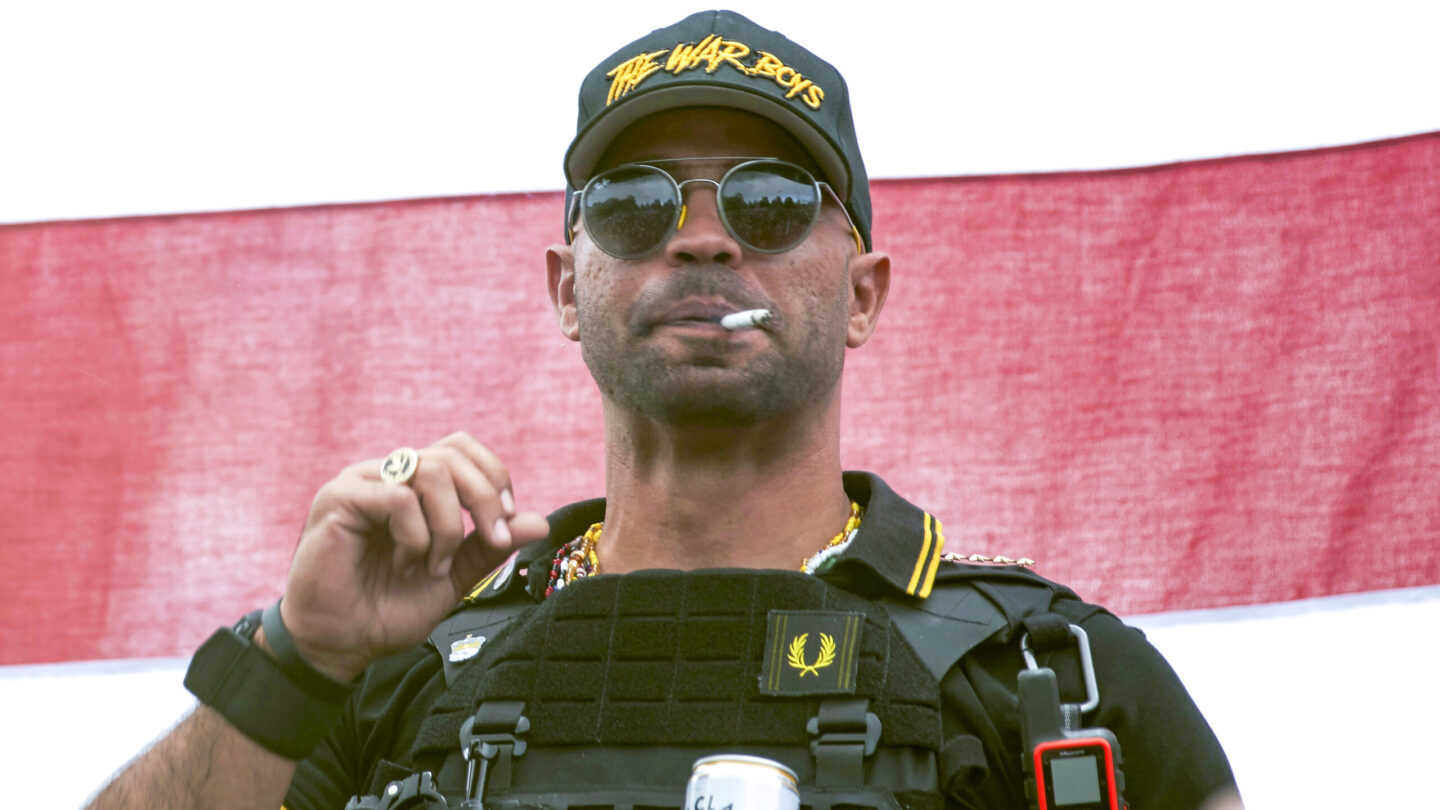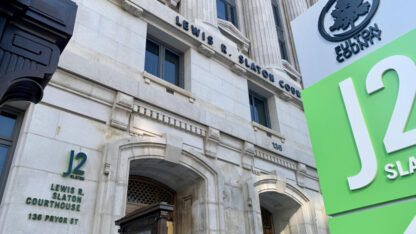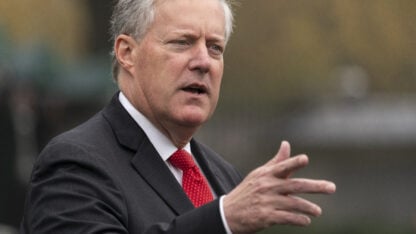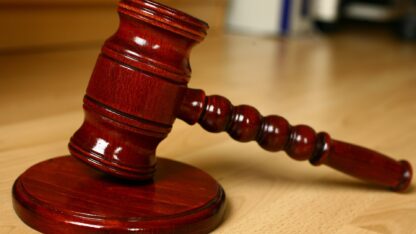Former Proud Boys national chairman Enrique Tarrio will be sentenced on Tuesday for a plot to attack the U.S. Capitol in a failed bid to stop the transfer of presidential power after Donald Trump lost the 2020 election.
Tarrio will be the final Proud Boys leader convicted of seditious conspiracy in the Jan. 6, 2021, attack to receive his punishment. Three fellow Proud Boys found guilty by a Washington jury of the rarely used sedition charge were sentenced last week to prison terms ranging from 15 to 18 years.
The Justice Department wants the 39-year-old Tarrio to spend more than three decades in prison, describing him as the ringleader of a plot to use violence to shatter the cornerstone of American democracy and overturn the election victory by Joe Biden, a Democrat, over Trump, the Republican incumbent.
Tarrio, who has been locked up since his March 2022 arrest, appeared in court in an orange jail uniform and quietly conferred with his lawyers as the hearing got underway in Washington’s federal courthouse.
U.S. District Judge Timothy Kelly, who was nominated to the bench by Trump, agreed with prosecutors that Tarrio’s case could be punished as “terrorism” — increasing the recommended sentence under federal guidelines. But judges have wide discretion when handing out punishments, and Kelly ultimately sentenced Tarrio’s co-defendants to prison terms far shorter than those sought by prosecutors.
Tarrio wasn’t in Washington on Jan. 6 — he was arrested two days earlier in a separate case — but prosecutors say he helped put in motion and encourage the violence that stunned the world and interrupted Congress’ certification of Biden’s electoral victory.
“Tarrio has repeatedly and publicly indicated that he has no regrets about what he helped make happen on January 6,” prosecutors wrote in court documents.
Ethan Nordean, who prosecutors said was the Proud Boys’ leader on the ground on Jan. 6, was sentenced to 18 years in prison, tying the record for the longest sentence in the attack. Prosecutors had asked for 27 years for Nordean, who was a Seattle-area Proud Boys chapter president.
Oath Keepers founder Stewart Rhodes, who was found guilty of seditious conspiracy in a separate case, was sentenced in May to 18 years in prison. Prosecutors, who had sought 25 years for Rhodes, are appealing his sentence and the punishments of other members of his antigovernment militia group.
Lawyers for the Proud Boys deny that there was any plot to attack the Capitol or stop the transfer of presidential power. Tarrio’s lawyer, Sabino Jauregui, told the judge that his client had no intentions of overthrowing the government, and that the Proud Boys’ only plans that day were to protest the election and confront left-wing antifa activists.
“My client is no terrorist,” Jauregui said. “My client is a misguided patriot.”
Police arrested Tarrio in Washington on Jan. 4, 2021, on charges that he defaced a Black Lives Matter banner during an earlier rally in the nation’s capital, but law enforcement officials later said he was arrested in part over concerns about the potential for unrest during the certification. He complied with a judge’s order to leave the city after his arrest.
On Jan. 6, dozens of Proud Boys leaders, members and associates were among the first rioters to breach the Capitol. The mob’s assault overwhelmed police, forced lawmakers to flee the House and Senate floors and disrupted the joint session of Congress for certifying Biden’s victory.
The backbone of the government’s case was hundreds of messages exchanged by Proud Boys in the days leading up to Jan. 6. As Proud Boys swarmed the Capitol, Tarrio cheered them on from afar, writing on social media: “Do what must be done.” In a Proud Boys encrypted group chat later that day someone asked what they should do next. Tarrio responded: “Do it again.”
“Make no mistake,” Tarrio wrote in another message. “We did this.”









